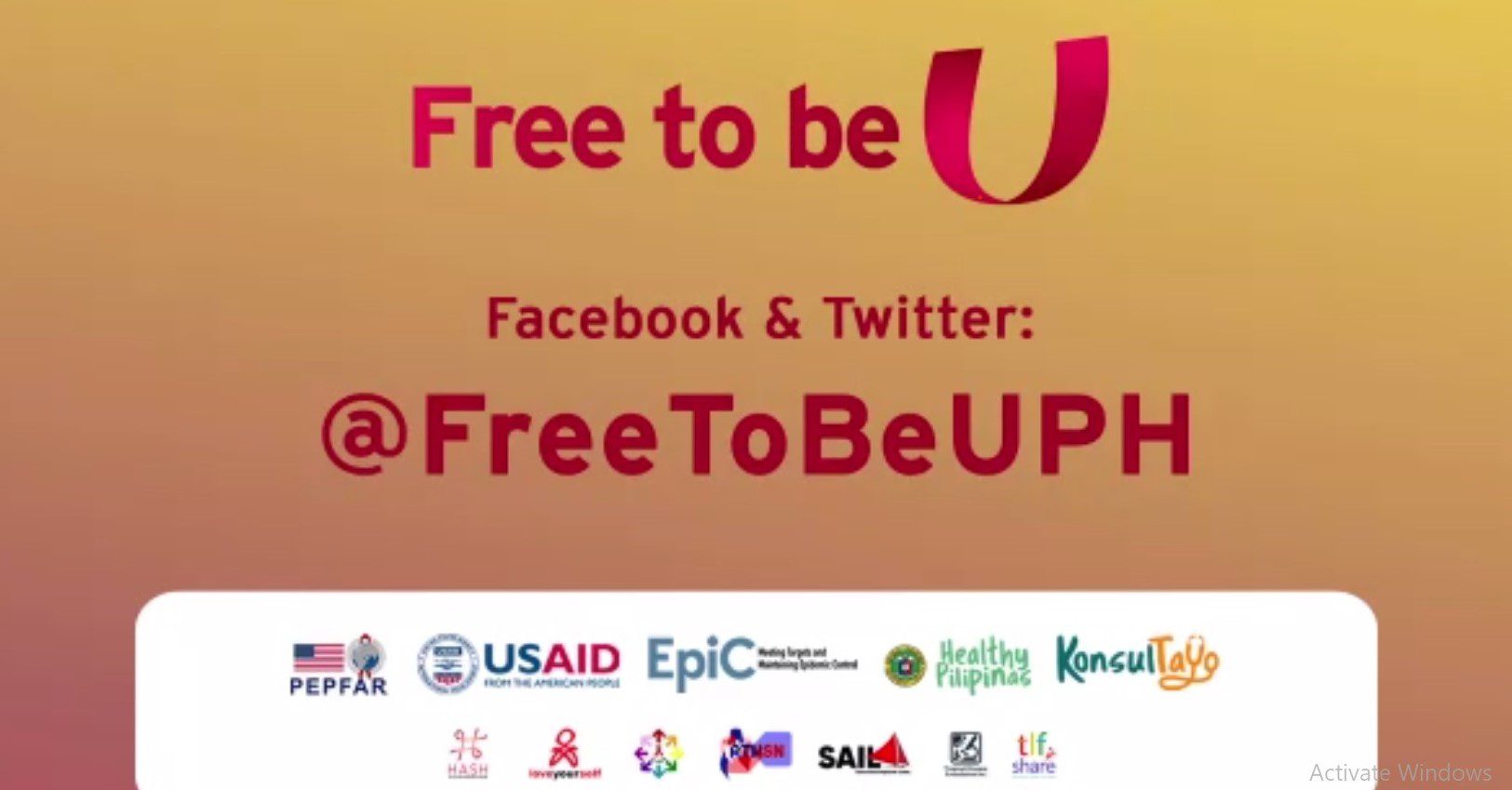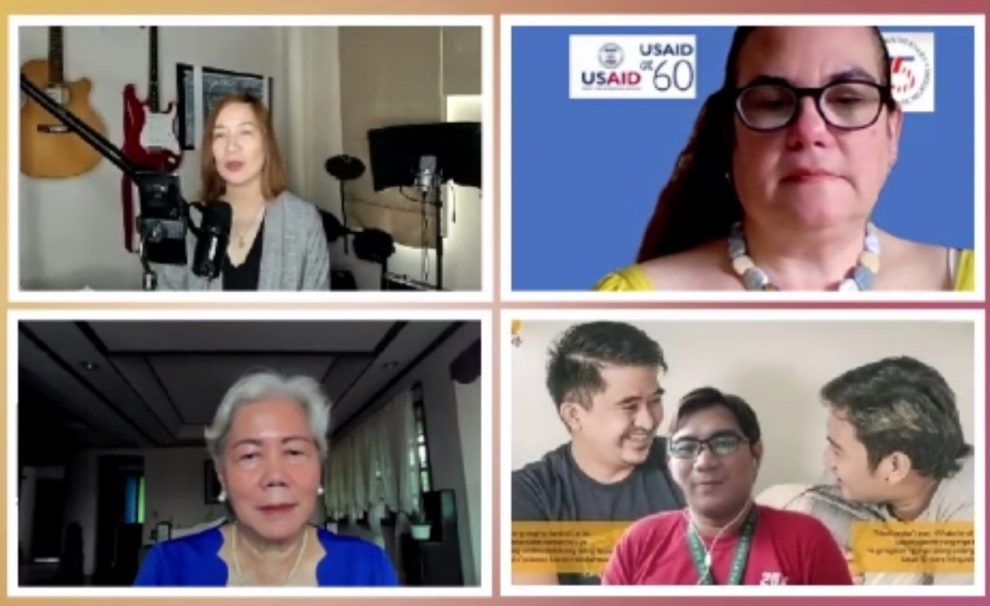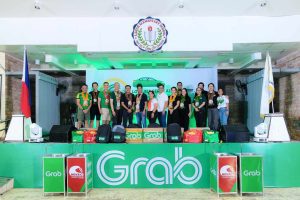Adjusting to the new normal has been a challenge for everyone, especially for people living with HIV (PLHIV). Through the help of loved ones, supportive communities, and caring organizations, this challenge becomes lighter as everyone continues to work toward a more inclusive society. One of the recent efforts in support of this goal is the FREE TO BE U campaign.
The FREE TO BE U campaign (fb.com/freetobeuph), launched February 14 by the USAID- and PEPFAR-supported EpiC project in the Philippines, seeks to empower people living with and vulnerable to HIV to break free from fear, labels, and shame — and be free to live, love, and pursue their goals. The campaign aims to raise public understanding of available HIV programs and services for PLHIV and populations disproportionately affected by HIV. It will engage organizations and individuals from the community to make their voices and stories heard in order to promote testing and treatment and de-stigmatize HIV and PLHIV.
The online launch provided an overview of the campaign, as well as local initiatives in place to meet the global goal of ending HIV by 2030.
HIV in the Philippines
A cure for HIV infection is yet to be discovered, and if left untreated, this infection can develop into AIDS. In the Philippines, an estimated 133,800 adults and children are living with HIV. About 94,000 of them have been diagnosed, and only around 56,000 of them are on life-saving antiretroviral therapy.
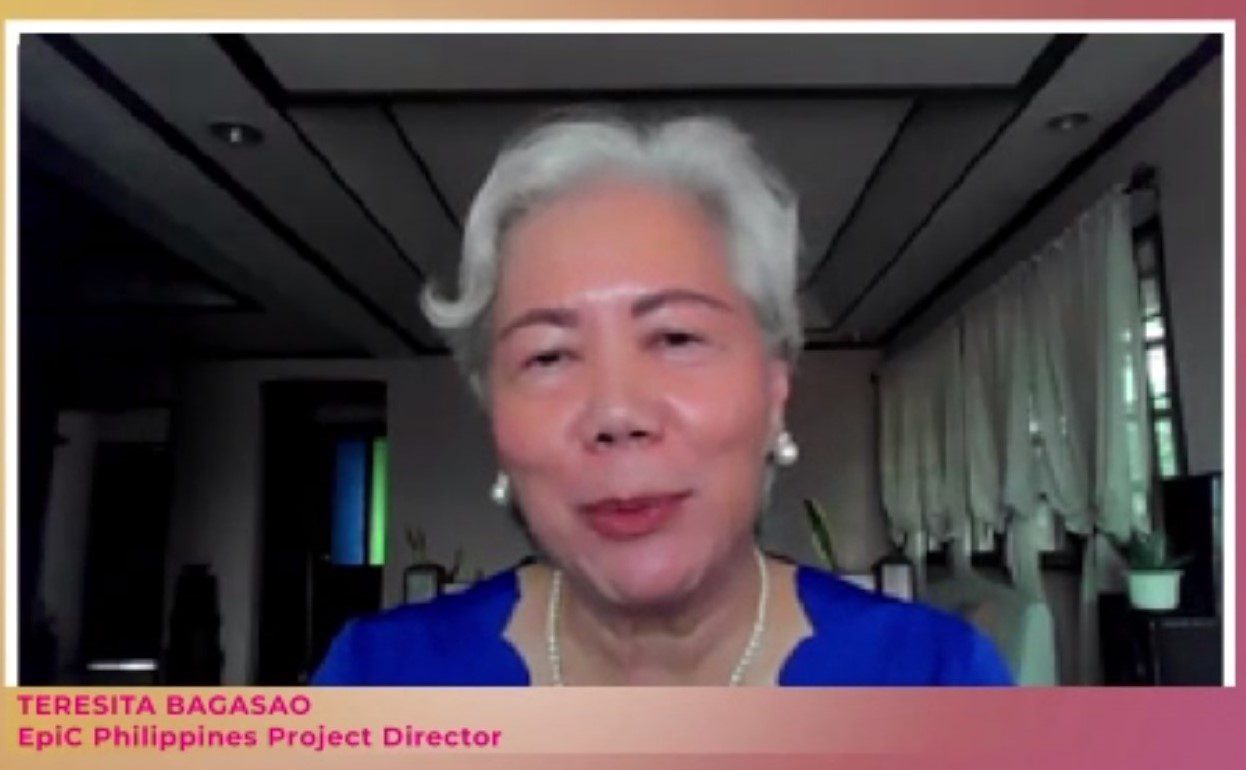
“In recent years, there have been significant advances in the treatment of HIV. PLHIV can now enjoy long, productive, and healthy lives, with many of the services provided for free,” said Teresita Marie Bagasao, Project Director of EpiC Philippines.
“Unfortunately, despite being free, the awareness of and access to such interventions and treatment remain low. The FREE TO BE U campaign seeks to address those barriers and pave the way for an inclusive and supportive environment where PLHIV are free to receive the treatment they need, and free to be themselves,” added Bagasao.
Innovations in treating PLHIV
The lockdown and various restrictions caused by the COVID-19 pandemic have made it difficult for people to access existing services and treatment.
This is where digital platforms for service access such as QuickRes have proven to be a vital innovation. QuickRes.org is an online platform for service booking and case management that can be used for HIV programs, by both clients and providers. This free-to-use tool was developed by the FHI 360-implemented EpiC project. “Through this platform, vulnerable populations have easier access to HIV testing services in public and community-led facilities, and in particular, those who will be newly diagnosed can immediately be enrolled to life-saving antiretroviral therapy that allows them to achieve an undetectable viral load,” explained Bagasao.
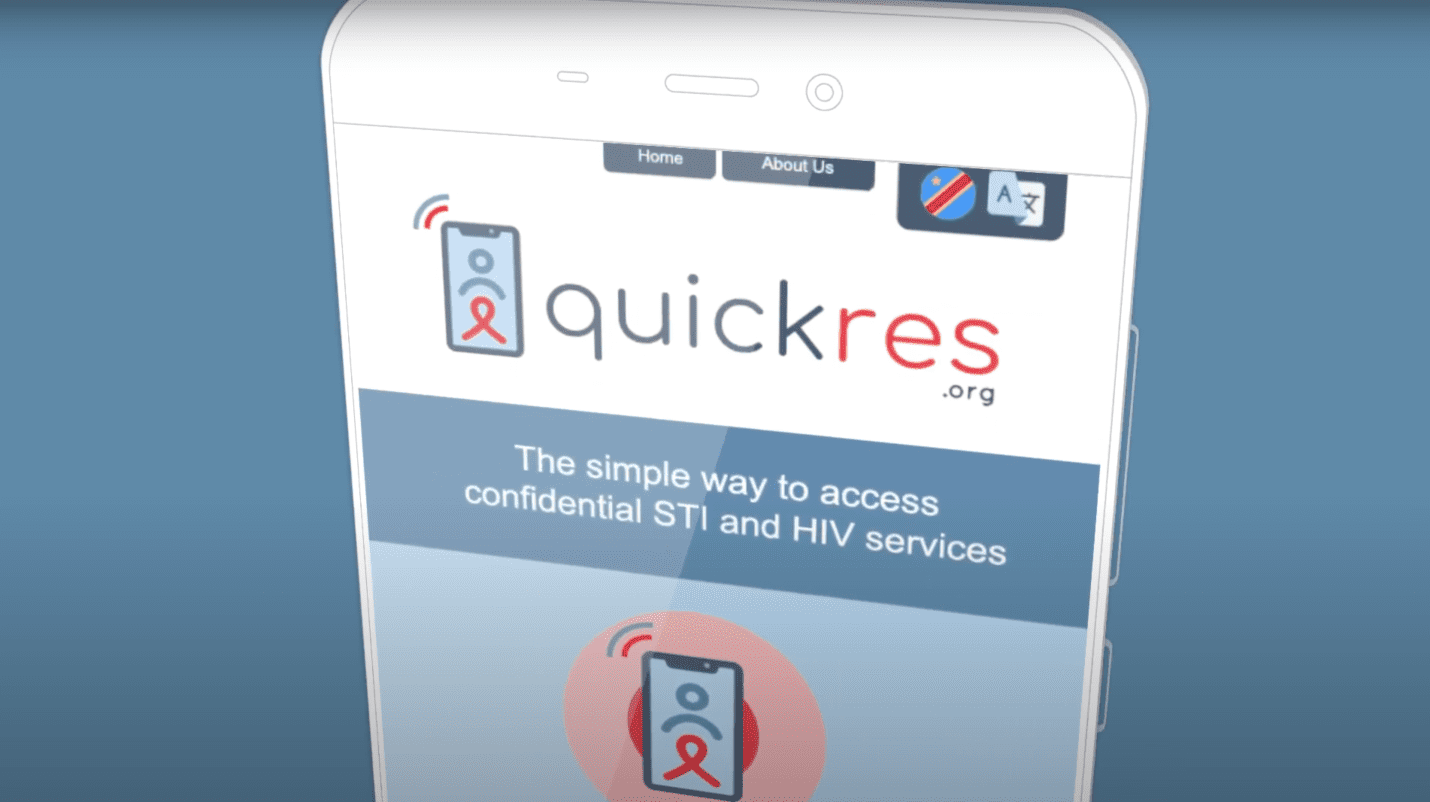
“Achieving an undetectable viral load is now the goal of people living with HIV, and can be easily achieved within six months of continued adherence to taking their antiretroviral drugs,” she added.
One of the goals of the FREE TO BE U campaign is to increase awareness among PLHIV in the Philippines of ‘Undetectable Equals Untransmittable’ or ‘U=U’ — an evidence-based global campaign that ends the decades-long misconception of HIV being a death sentence. An undetectable status means that the amount of virus in a person’s blood is so low that viral load tests can no longer detect it. That means the virus cannot be transmitted through sex. The U=U campaign aims to raise awareness about how highly effective HIV medications are in preventing sexual transmission of the virus.
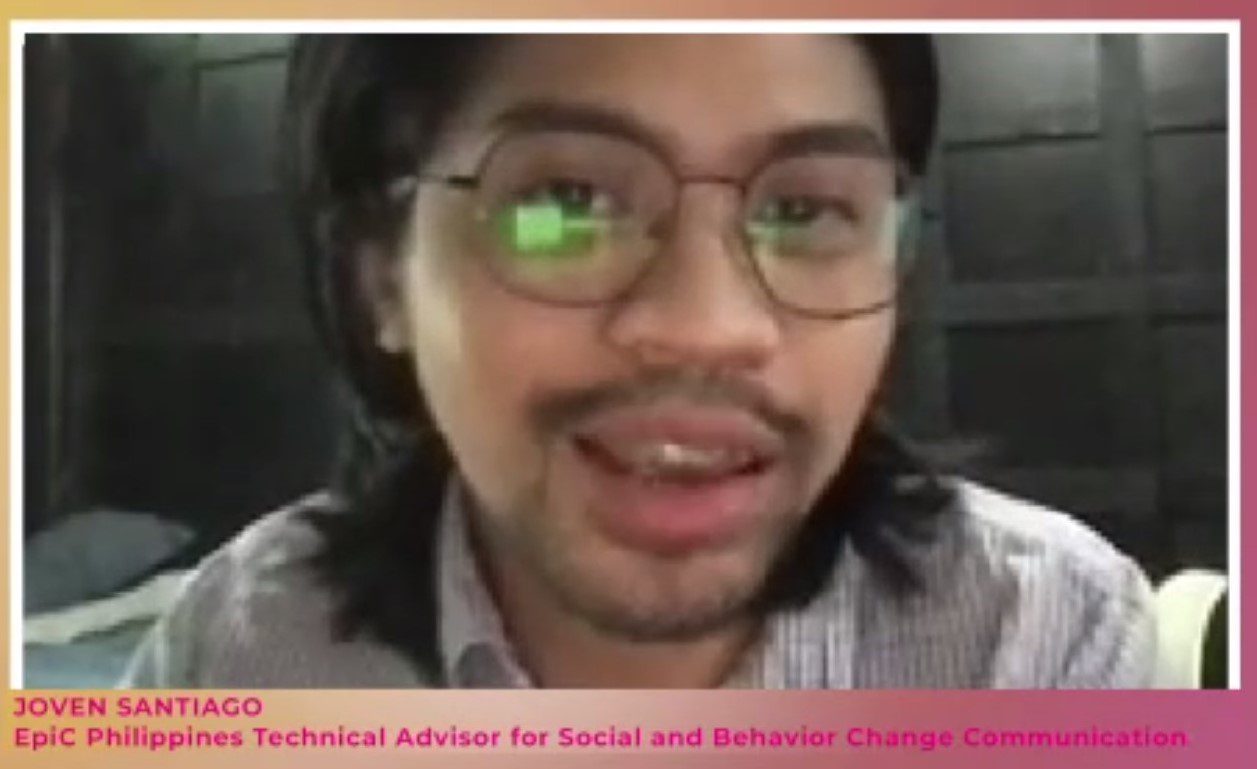
PLHIV in the time of COVID-19
It is a common observation that in general, the emotional and mental health of many people have been affected during the lockdown — even more so for PLHIV who often deal with stigma. Thankfully, the social support within and surrounding PLHIV communities is strong and EpiC Philippines is working with community-led organizations — specifically, HASH, Love Yourself, PAFPI, RTHSN-Lakan, SHIP, TDIF, and TLF Share to offer holistic support and a range of services for PLHIV as part of the FREE TO BE U campaign.
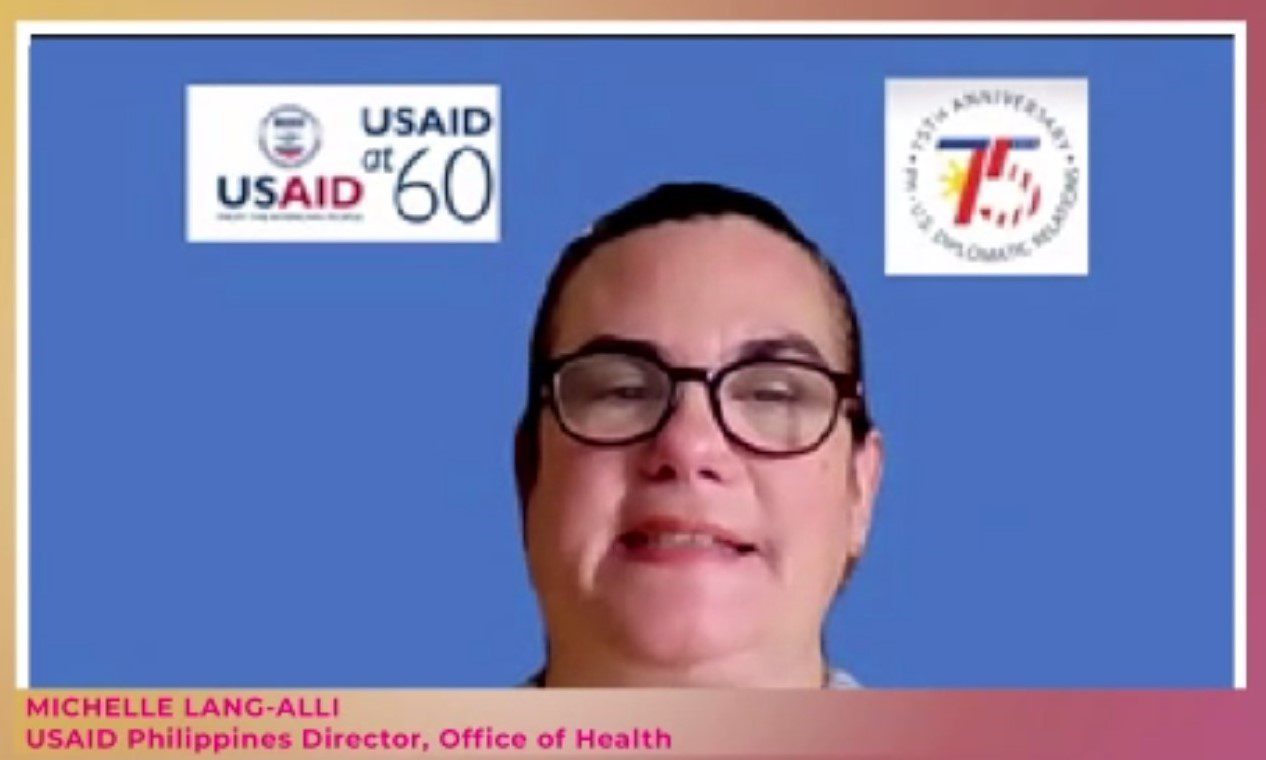
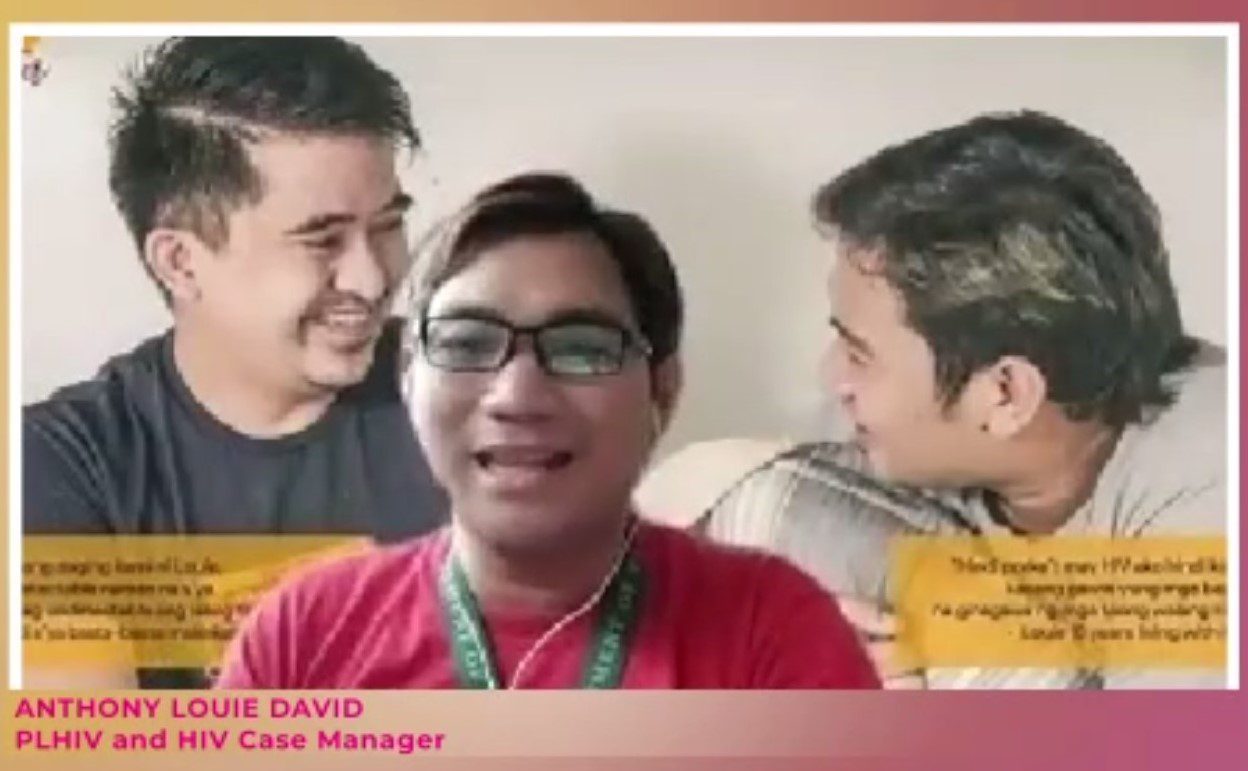
The affirming message of FREE TO BE U will be amplified to the rest of the country through the Healthy Pilipinas and Konsultayo. These are flagship communication campaigns of the Department of Health that holistically promote and shift behavior of Filipinos in practicing preventive measures advocating healthy lifestyle and encourage trust in primary care providers as means to prevent diseases.
“These exciting new developments — the increased access to HIV treatment and interventions, as well as various community efforts to share more PLHIV stories of hope and positivity with a general audience — can help in dispelling stigma and take us closer to the goal of ending HIV by 2030. These services are here so that you can be free to be you,” shared Bagasao.
More information about the Free TO BE U Campaign is available in Facebook and Twitter @FreeToBeUPH
